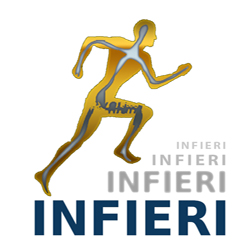Speaker
Description
The Convener of this keynote session is: Prof. Yoshinobu UNNO (KEK, JP)
Instrumentation is the great enabler of science both pure and applied. New directions in science are launched by new tools much more often than by new concepts. Instrumentation is critical to the missions of fundamental research into the nature of quantum mechanics and general relativity, astrophysics, and particle physics and in the development of advanced technologies that enable our modern society. To explore the fundamental nature of energy, matter, space and time, to explore the cosmos and the objects within it and to understand the workings of the human body and mind, and to diagnose and treat disease; we are in the midst of a new golden age of discovery.
In the 20th century, the discovery, formulation and understanding of quantum mechanics heralded a new generation of scientific advances that in turn led to technologies from micro-electronics and computers to MRI, which are vital in sustaining and improving the human condition. These technologies underpin significant sections of the economies of developed nations and have driven the “1st Quantum Revolution”. Future scientific and technological exploration, will have deep and transformational consequences and form part of a “2nd Quantum Revolution”, embedding quantum technologies into the fabric and to the service of our society. In the near-term this will profoundly influence areas including communication, finance, healthcare, aerospace, and defence.
The LHC and new experiments being planned at proposed new accelerators, deep underground, on mountain summits, at the poles, in space, and quantum sensing on the table-top, together will teach us more about the origin of mass, explain the matter anti-mater asymmetry of the universe, determine if extra spatial dimensions exist, reveal the nature of dark matter and dark energy, and probe the Planck scale. The application of the technologies developed will be applied to medical imaging, biomedical engineering and other aspects of modern life. For the very first time we may come to know how our universe was born, how it will evolve and its ultimate fate, and more about humankind and our place within it.
